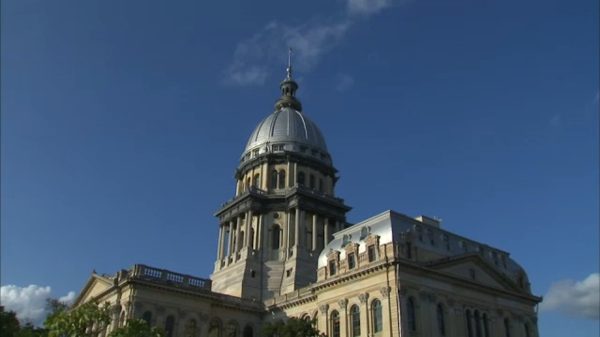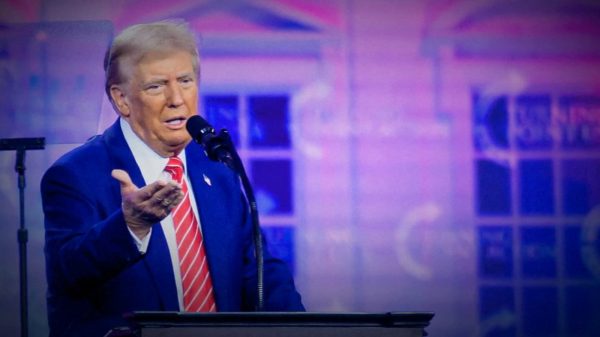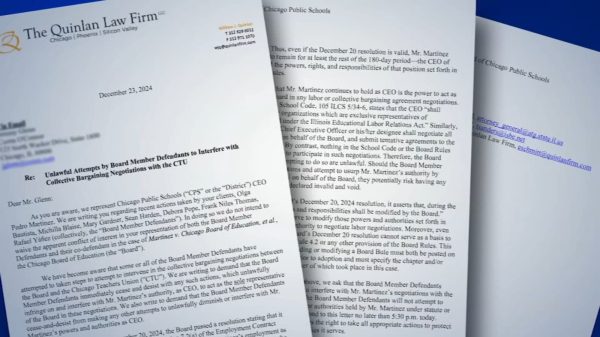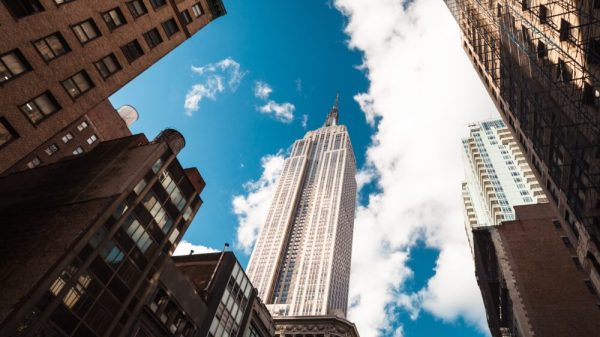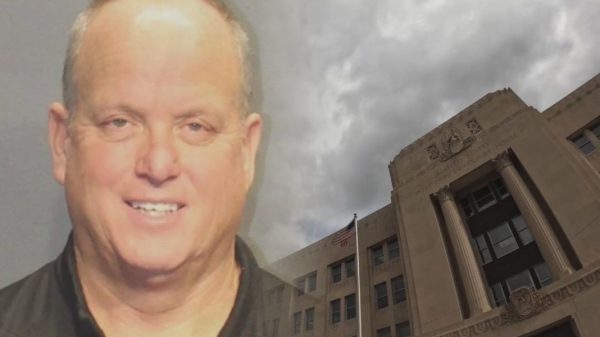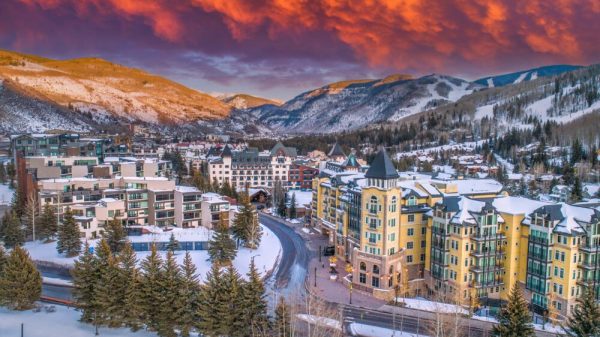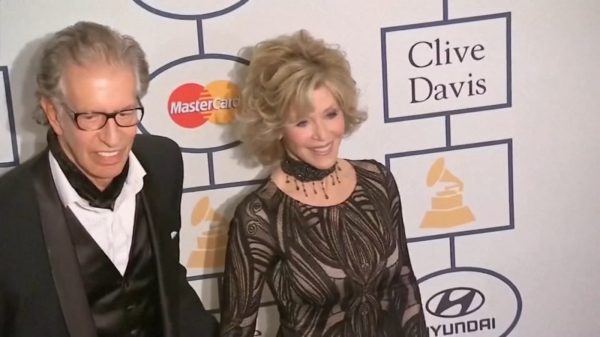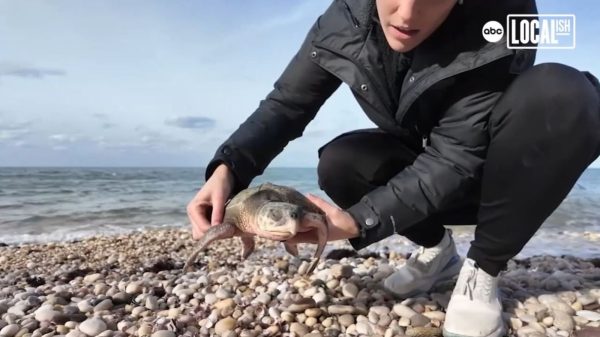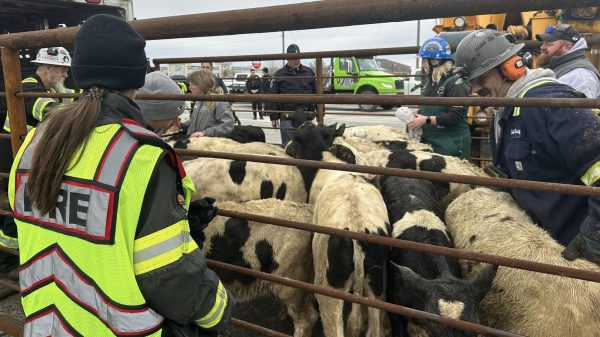Donald Trump’s civil business fraud trial revealed his finances, lender relationships, and NFL ownership ambitions. During the final day of testimony in former President Donald Trump’s civil business fraud trial, Judge Arthur Engoron seemed almost melancholy after hearing from 40 witnesses over 2½ months.

Former President Donald Trump appears in New York State Supreme Court on Thursday, December 7, 2023, for the Trump Organization civil fraud trial. (Source: AP Photo/David Dee Delgado/Pool)
Trump’s Trial Revelations
“Strangely, I’m gonna miss this trial,” he remarked Wednesday. Letitia James, New York’s attorney general, has accused Trump of misrepresenting his wealth on financial papers used to acquire loans and negotiate transactions. An early January closing argument is scheduled. The judge has found Trump guilty of making false statements, but other claims and a final penalty remain. Trump denies wrongdoing. He claims the financial statements misrepresented his net worth and included disclaimers to protect him. Trump’s money, lender relationships, NFL ownership ambitions, and some of the case’s tricky math have become clearer during the trial. The Republican 2024 presidential frontrunner’s political and legal maneuvers as his court and campaign calendars overlap were also revealed throughout the trial. The first of his four felony trials is in March.
Trump’s legal issues haven’t hurt his Republican presidential bid. He dominates national and early-state polling. His lead is stronger than before his March criminal charge. The trial taught us additional things: Trump was only compelled to testify once, although he attended eight court sessions as a spectator. He always used his court appearance as a campaign stop, complaining about being persecuted. He conveyed the same idea during his often-defiant testimony on November 6. “This trial is very unfair. I hope the public is watching, Trump remarked. His testimony frustrated Engoron, who warned, “This is not a political rally.” Trump didn’t appeal his company’s tax fraud conviction last year. He did not attend a civil trial where a jury found him guilty of sexually abusing writer E. Jean Carroll and ordered him to pay $5 million. Why attend a fraud trial? “I want to show the press how corrupt it is,” Trump stated. He often attacked the judge and Engoron’s principal law clerk outside court. Engoron banned trial participants from discussing court workers after Trump made a false, derogatory social media comment about the clerk’s personal life.
The judge fined Trump $15,000 for repeatedly violating the order. Starting in 2011, Deutsche Bank loaned Trump’s company hundreds of millions of dollars, which dominated the trial. Trump padded his wealth to get financing at low-interest rates, according to the state. The defendants deny it and say the bank loved the loans. All were paid off, the last during the trial. Several Deutsche bankers said that they believed unaudited financial statements like Trump’s to be accurate but understood them as estimations and made “haircuts” that sometimes slashed billions from Trump’s net worth, which was still over $2 billion. The defense argued that the bank didn’t rely on Trump’s numbers and that he was rich enough to qualify for the loans, while the state argued that the “haircuts” were standard deductions that didn’t account for his alleged inflation. Bankers gave vague accounts of their encounters with Trump.
When former Deutsche Bank risk management officer Nicholas Haigh was questioned if the loans were good credit decisions, he responded it was “a subjective question” but that the bankers analyzed the data well. The bank requires a true risk picture to set interest rates, he added. Managing Director David Williams and former colleague Rosemary Vrablic weren’t concerned about Trump’s asset estimations differing from the bank’s. Deutsche Bank’s private wealth management business, which serves the wealthy, wanted to lend to Trump. According to testimony and internal papers, the bankers courted him as a big-dollar “whale” who could connect them to “the wealthiest people on the planet.” Bankers planned to “cross-sell” Trump lucrative, fee-based services like estate planning with his multimillion-dollar bank deposits and loan transactions. Trump’s turbulent history with a second Deutsche Bank division was barely mentioned at trial. Trump defaulted on Deutsche’s commercial real estate division’s financing for a Chicago hotel and residential building during the 2008 financial crisis. He sued the bank for “predatory lending.” Deutsche countersued. Settled. Trump’s organization soon approached Deutsche’s commercial real estate group again to buy Doral Golf Resort near Miami.
READ ALSO: Political World Unites in Tribute to Henry Kissinger
Trump’s Buffalo Bills Bid and Penthouse Size Controversy Unveiled in Trial Revelations
The Trump Organization secured a far lower interest rate through Deutsche’s private wealth management bankers, who were introduced to them by Jared Kushner. The private bankers lent to Doral, a Washington hotel, and the lawsuit-related Chicago tower. The arrangements required Donald Trump to personally pay if necessary, hence they included net worth and liquidity requirements. Thus, his annual financial statements were scrutinized. Trump bid $1 billion for the Buffalo Bills in 2014 before running for president. The trial revealed Trump’s inner workings through emails. Investment bankers shopping the franchise stated Trump’s history of controlling Atlantic City casinos and his prominent involvement in the rival USFL’s 1980s antitrust case against the NFL offered him “little chance of being approved” by the league. “That being said, his strong show of support doesn’t hurt the process,” then-Morgan Stanley CEO K. Don Cornwell wrote to colleagues in April 2014. Jeffrey Holzschuh replied, “He probably does have the dough,” but “but never know the real facts with him.”
Trump stated in an original offer letter that his net worth was above $8 billion but never submitted financial statements. Trump’s then-lawyer Michael Cohen assured financiers the financial data would be released when Trump was “the final bidder.” Cornwell testified that Trump gave the bankers copies of Forbes magazine’s list of affluent celebrities. Terry and Kim Pegula, Buffalo Sabres owners, bought the Bills for $1.4 billion. A 2016 presidential candidate, Trump told The Associated Press, “I wouldn’t be doing what I’m doing.” Built by him. He lived there. From at least 2012 to 2016, the former president’s Trump Tower triplex penthouse was appraised at 30,000 square feet (2,800 square meters), roughly three times its actual size. Since Trump signed a 1994 form that correctly indicated 10,996 square feet (1,022 square meters), how did this happen?
Former Trump Organization controller Jeffrey McConney said Kevin Sneddon in realty sales gave him the 30,000-square-foot figure. Former Trump Organization finance chief Allen Weisselberg told Sneddon he didn’t “walk around knowing the size” of the apartment. Trump said, “They just made a mistake.” He said the high number is “not that far off” given his roof access. “Do you know how big your apartment is as we sit here?” state attorney Kevin Wallace asked. “I have heard, obviously, because of the trial, they say 11-to-12-to-13,000 feet,” Trump said. After Forbes revealed the difference in 2017, the Trump Organization reduced its estimated value from $327 million to $117 million. Six claims are on trial, including conspiracy and insurance fraud. James wants $300 million in penalties and Trump banned from New York business. Both sides must submit written arguments by Jan. 5. Four days before the Iowa caucuses, they will summarize in court on January 11. Engoron intends to decide by January’s end. Trump’s lawyers are contesting Engoron’s pretrial fraud ruling. They plan to appeal if they lose the remaining issues. When they claimed they were preparing for it this week, the judge joked, “You’re going to appeal?”
READ ALSO: As Trump Threatens Obamacare Repeal, ‘Insurance Godmothers’ Rally to Enroll Florida Latinos

